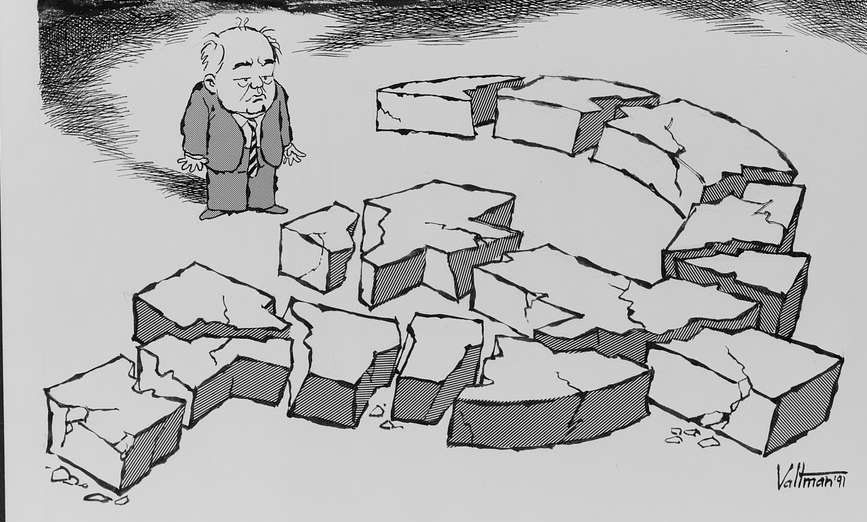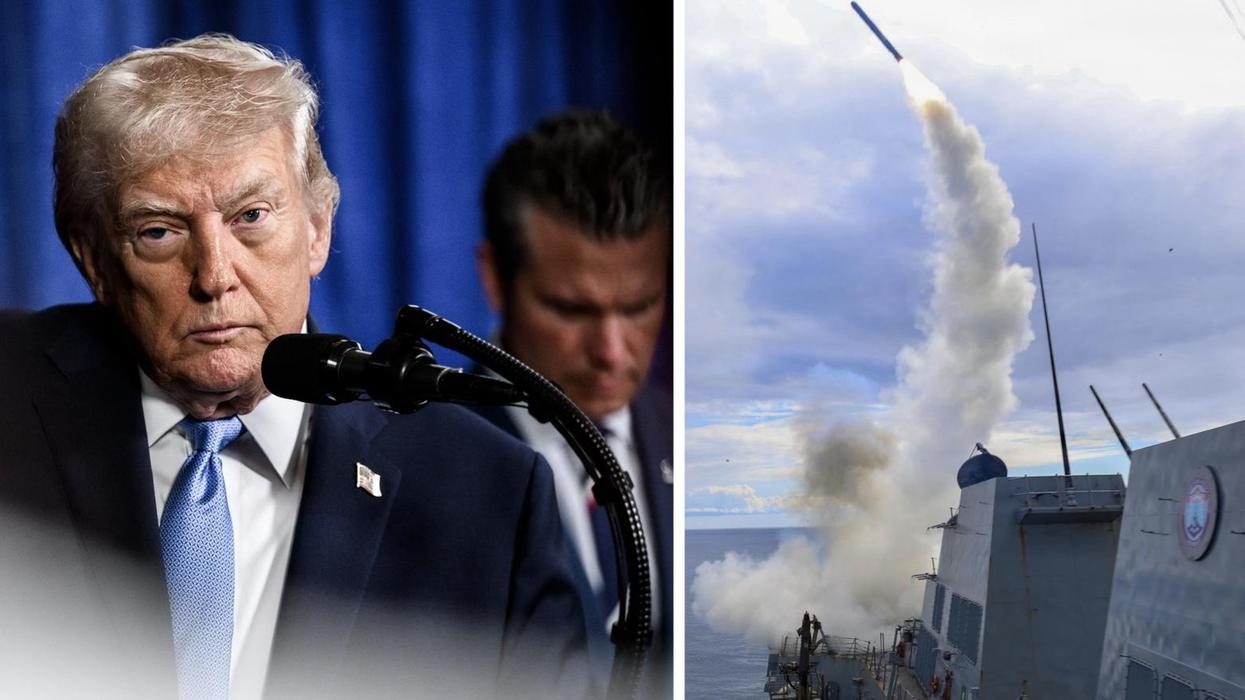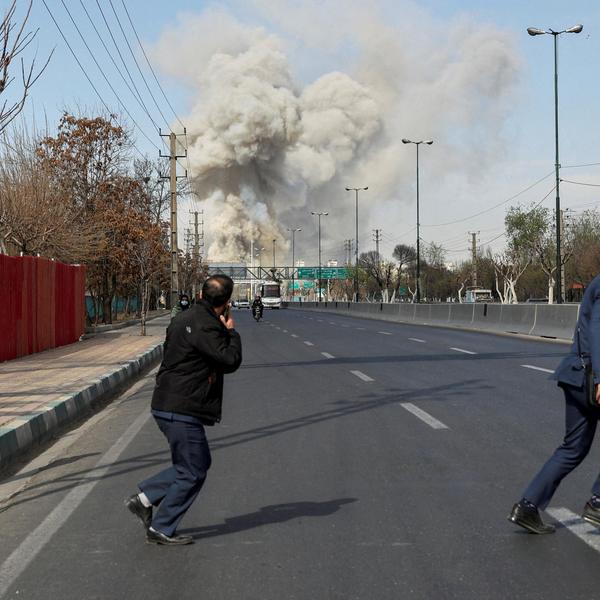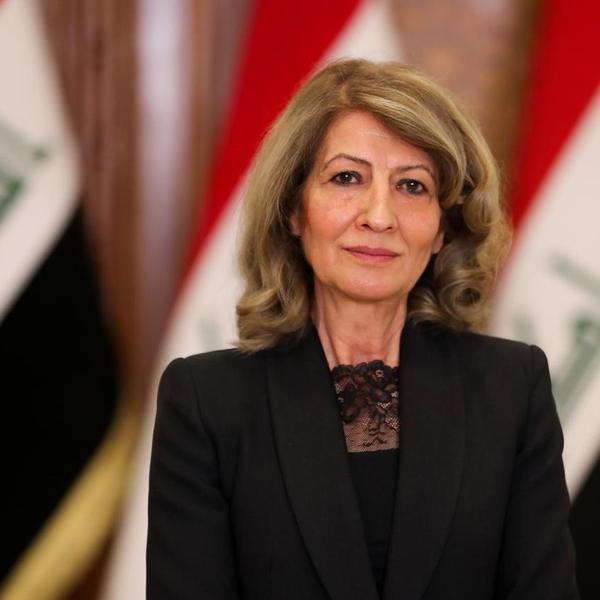The Carnegie Center’s Maksim Samorukov recently published an article in Foreign Affairs entitled “Putin’s brittle regime. Like the Soviet one that preceded it, his system is always on the brink of collapse.”
The argument is driven by a straightforward historical analogy. The Soviet system appeared strong and immutable, and virtually no one predicted its collapse. But collapse it did. Likewise, the Putin system appears strong and resilient, and few people can imagine its collapse. But collapse it will.
One can understand why this argument would be attractive to Foreign Affairs. Wishful thinking always gets an audience: people like to be told what they want to hear. Absent any prospects of a successful counter-offensive in Ukraine, the most likely scenario for Ukrainian victory is regime collapse in Russia.
Historical analogies can be attractive but misleading in that they may focus our attention on superficial similarities, while ignoring structural differences. And there are several important respects in which Putin’s regime is in a very different place from the Soviet Union of the perestroika era.
First, Mikhail Gorbachev was only in power for six years and he was never able to establish effective control over the inner circle of Soviet leaders, nor the bureaucracy at large. As a result, his policy initiatives were blocked from effective implementation, forcing him to adopt more radical measures which destabilized the entire system.
In contrast, Putin very quickly established strong control over rival elites after he came to power in 2000, restoring the “power vertical.” He has been in charge for 24 years, and most analysts agree that the institutional foundations of the Putin regime are robust and it will likely survive the death of its founder.
Second, a critical factor in the unraveling of the USSR was the fact that it was fighting an unwinnable war in Afghanistan, which forced it to enter negotiations with the West. Russia is fighting a war in Ukraine which it is still confident it can win.
Third, the Soviet Union was bankrupt, running trade deficits and borrowing money abroad. In contrast, despite the pressure of Western sanctions, Russia ran a $50 billion trade surplus last year. The Soviet planned economy was rigid and value-destroying, a sinkhole of state subsidies. Unlike the Soviet Union, Russia has a dynamic capitalist economy, well integrated into the global economy, and one whose entrepreneurs have been adept at evading Western sanctions.
Fourth, the USSR was a federation where ethnic Russians made up 52% of the population. Putin’s Russia is a more centralized state where Russians are 82% of the population.
Admittedly, the possibility of an Islamist insurrection in the North Caucasus is a potential security challenge. But the logic that turned Chechen leader Ramzan Kadyrov into a loyal vassal of Moscow would apply to any successor. It is better to enjoy a flow of subsidies from Moscow and buy Lamborghinis, than to have Grozny turned back into a sea of rubble. The Chechens have learned their lesson from the first and second wars: that pursuit of independence is not worth the effort. None of the other ethnic republics in the Russian Federation are remotely interested in starting a war with Moscow.
The Crocus City Hall attack of April 22 was not only a reminder that Islamist terrorism remains a security threat for Russia, but it represented a massive intelligence failure by the Russian security services. They were warned in advance by the U.S. that such an attack was coming: they should have placed armed guards at all concert halls in Moscow. However, attacks like Crocus are not going to cause regime change in Russia.
The terrorists did not come from North Caucasus, but from Tajikistan. That indicates that the 8 million migrant workers from Central Asia are a potential security risk. But their value in Russia’s labor-short economy still outweighs the security challenge, at least for now.
The Wagner insurrection in June 2023 was an extraordinary development, the most serious threat to the stability of the Putin regime since its foundation in 2000. We’ll never know what would have happened if the dog had caught up with the car: if Yevgeny Prigozhin had not turned back, but had ordered his troops to advance into Moscow. What we do know is that the insurrection failed. Prigozhin is dead and buried, and regime stability was quickly restored.
Allowing the Wagner group to develop to a point where it could launch that mutiny was a serious error by Putin — second only to his decision to launch the full-scale invasion of Ukraine. But it remains an outlier, and cannot serve as a foundation for U.S.policy.
To prevail in diplomacy and war one needs a realistic assessment of the adversary’s strengths and weaknesses. The abrupt collapse of the Soviet Union reminds us to expect the unexpected. But Putin (and China’s President Xi Jinping) have learned from Gorbachev’s mistakes. Washington should not build its Russia policy on the assumption that lightning will strike twice in the same place.
- Prigozhin erupts: Has a Russian succession struggle begun? ›
- We shouldn’t be cheering for state collapse in Russia ›
















